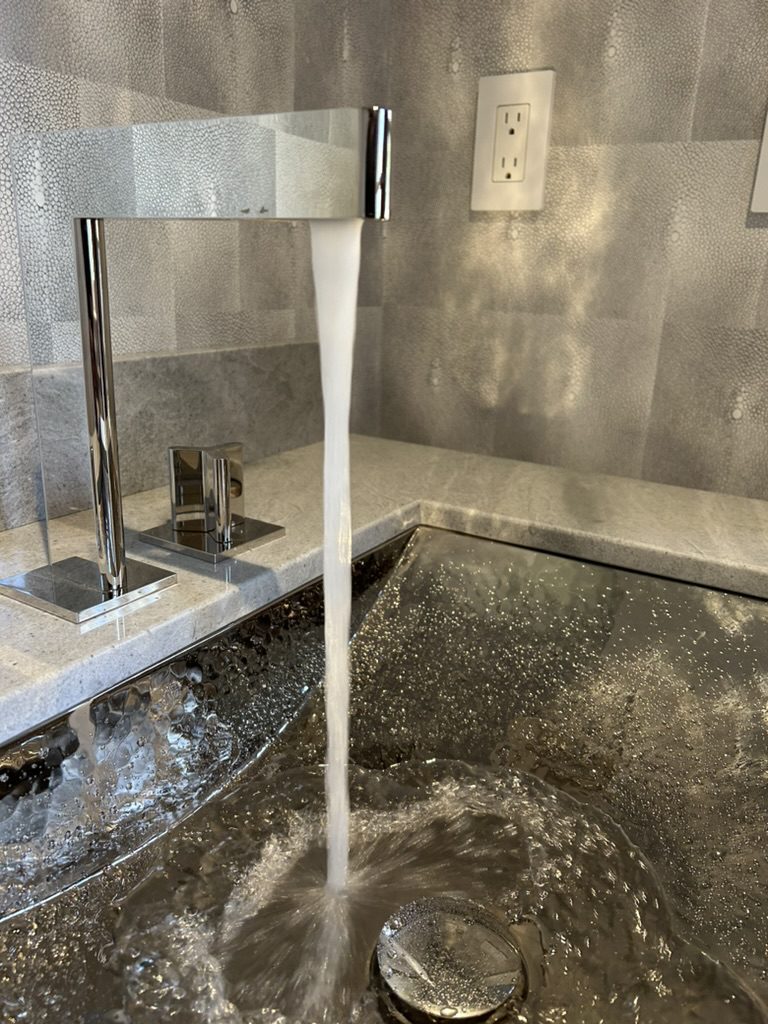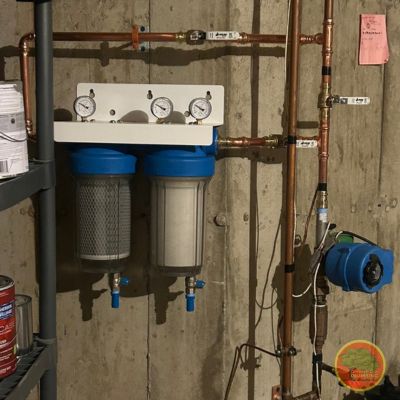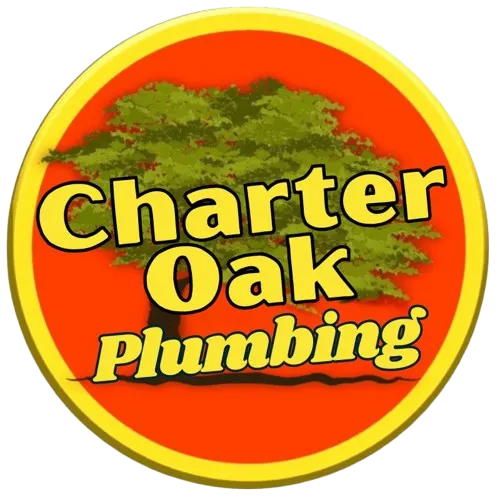As a professional plumber serving homeowners across Connecticut, I get this question all the time:
“Is a water filtration system really worth it?”
My short answer? Absolutely. Whether you’re dealing with hard water, a weird taste or smell, or just want peace of mind about what’s in your tap water, installing a filtration system is one of the best plumbing upgrades you can make.
Why Water Filtration Makes a Real Difference
Most of us assume our tap water is safe—and technically, it is. But “safe” doesn’t mean clean, or ideal for your health and plumbing system.
City water and even well water often contain chlorine, heavy metals like lead, sediment, pesticides, and even newer contaminants like PFAS. I’ve seen these cause buildup in pipes, damage to water heaters, and even skin irritation over time.
When you install a proper water filtration system, you’re solving multiple issues at once:
- Better-tasting and better-smelling water
- Healthier showers and skin
- Less scale buildup on appliances
- Longer life for your water heater, dishwasher, and washing machine
- And fewer bottled water purchases (which adds up fast)
For families with kids, allergies, or sensitive skin—filtered water isn’t just a “nice to have.” It’s a game-changer.
What Kind of Water Filtration System Should You Get?
There are two main types of systems I typically install:
1. Whole-House Filtration Systems (Point-of-Entry)
These systems treat all the water entering your home, right at the main line. That means your shower, laundry, cooking water, and even toilet tanks are using clean, filtered water. They remove things like chlorine, iron, sediment, and depending on the setup, even bacteria.
2. Point-of-Use Systems (Like Under-Sink Reverse Osmosis)
These are great for drinking and cooking water. RO systems can remove up to 99% of contaminants, including lead, fluoride, and sodium. You’ll usually find these under the kitchen sink or connected to a dedicated faucet.
Some folks even combine both: a whole-house filter to clean all the incoming water and a more advanced RO system just for drinking.
Can You Install a Water Filter System Yourself?
Technically, yes—if you’re handy and installing something small like an under-sink unit.
But for anything that taps into your main water line (especially whole-house filters), I strongly recommend hiring a licensed plumber. And no, I’m not just saying that because I’m a plumber!
Here’s why:
- You’ll need to shut off your main line, cut into piping, possibly install pressure regulators or bypass valves
- Incorrect install can lead to leaks, reduced water pressure, or even damage to your plumbing
- Most manufacturer warranties require professional installation
- You might need permits depending on your town and the system specs
I’ve been called more than once to fix DIY filtration installs gone wrong. Save yourself the stress and let a pro handle it—you’ll get it done right, and it’ll last longer too.

How Much Does a Water Filtration System Cost?
Here’s a ballpark based on what I’ve installed in the last year:
- Whole-house filtration systems: $300 to $2,000 for equipment, depending on brand and filtering stages
- Under-sink reverse osmosis systems: $150 to $950
- Installation costs: $200 to $600 for whole-house systems, $120 to $300 for under-sink models
- Add-ons like water testing, permits, or electrical for UV lights can run another $100 to $500 depending on the setup
All-in, most homeowners spend around $1,200 to $2,500 for a professionally installed, high-quality system.
Is it an investment? Yes. But you’ll see the benefits right away—in your water quality, your plumbing health, and even your monthly grocery bill if you’re cutting back on bottled water.

Maintenance: What to Expect
Water filters aren’t a “set it and forget it” system.
You’ll need to:
- Replace carbon filters every 3–6 months
- Change RO membranes or UV bulbs annually
- Monitor pressure to ensure your system is flowing properly
At Charter Oak Plumbing, we offer maintenance plans so you don’t have to worry about scheduling replacements or remembering filter life. We keep your system running at peak performance—year after year.
So… Is It Worth It?
Let’s do a quick checklist:
- Want to drink better-tasting, healthier water?
- Want to protect your pipes and appliances?
- Want to reduce bottled water use?
- Want to cut down on skin or hair irritation?
- Want to improve your home’s resale value?
If you said yes to most of these—then yes, it’s absolutely worth it.
Why Work With Charter Oak Plumbing
We’ve installed dozens of systems across Connecticut and we don’t take a cookie-cutter approach. Every home is different, and so is your water. We’ll help you:
- Test your water
- Choose the right system
- Handle permitting and code compliance
- Install it right the first time
- Keep it maintained for years to come
No guesswork. No YouTube rabbit holes. Just clean water and peace of mind.

Ready to Talk Water Quality?
If you’ve been thinking about adding a water filtration system, let’s chat. I’ll come out, look at your setup, and give you a clear, no-pressure quote. You’ll get answers, not a sales pitch—and if it makes sense, we’ll make it happen.
Your water matters. Let’s make sure it’s working for you—not against you.
